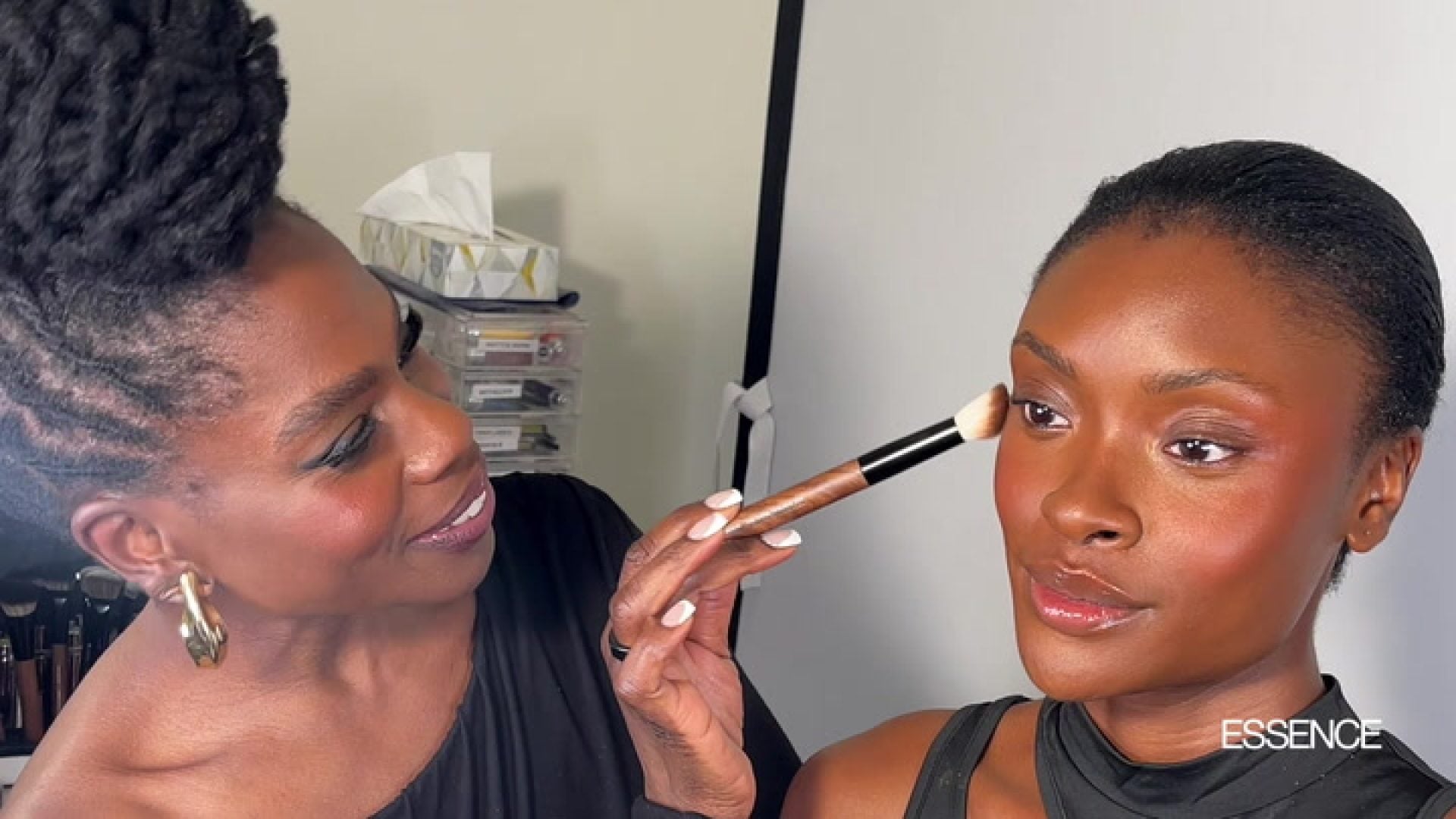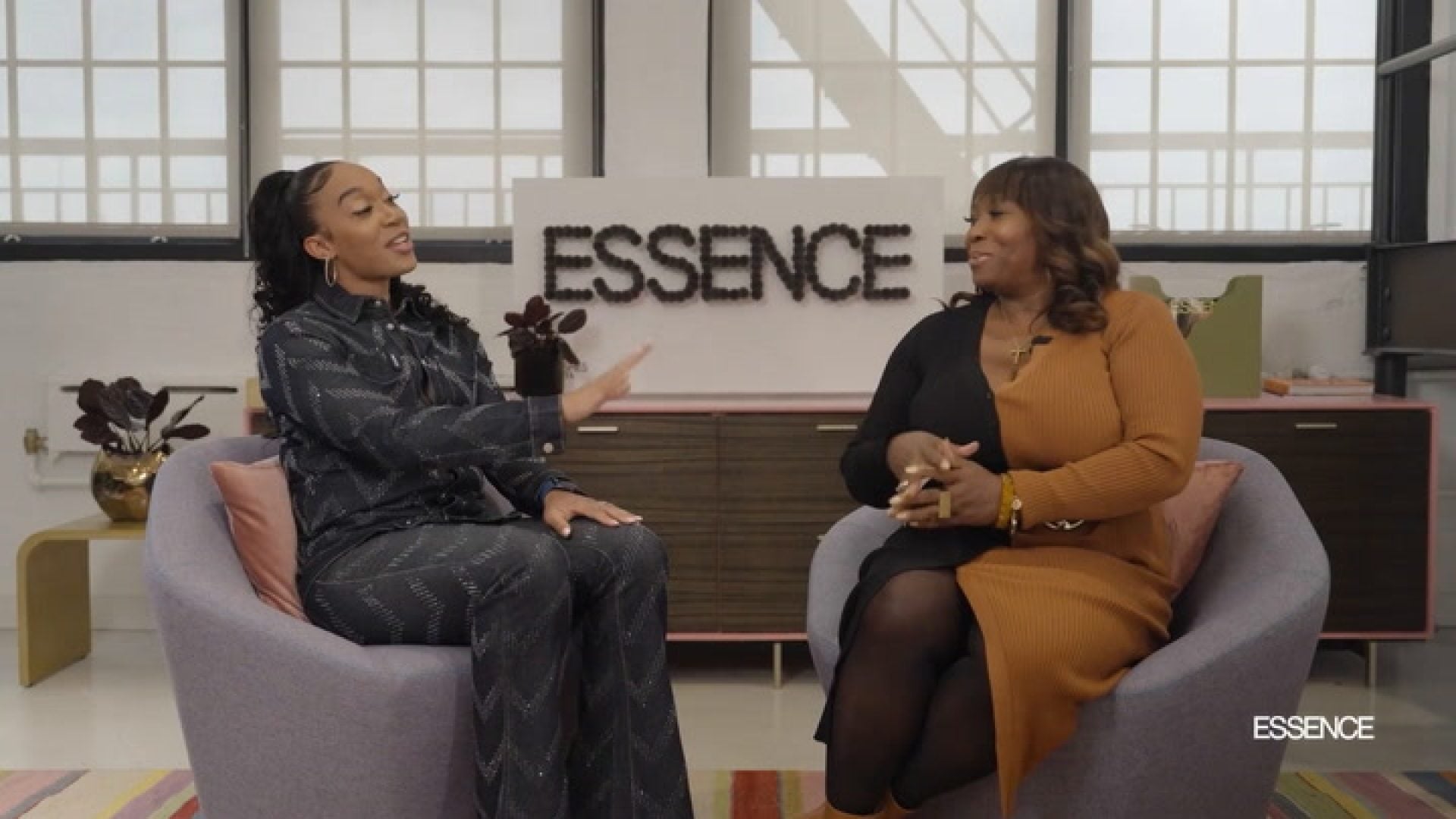
Baring your soul to a girlfriend or your mother or going to church can be tremendous sources of support. However, sometimes, the encouragement—even from those we love—isn’t enough to help you get, or keep, your life on track.
“When I recognized I was suffering from depression, I talked to my mom. She told me to pray about it,” says Nikita Banks, a Brooklyn native. “I know she meant well but that’s not what I wanted. I was looking for permission to seek therapy.” The 42-year-old took the reins of her life and sought treatment. Here’s how Black women around the country are getting mental health support.
Managing Stress
In 2011 Banks was a single mom looking for purpose. “I couldn’t pull myself out of what I thought was a ‘funk’ but now know was depression.” Inadequacy and despair set in. “I felt stuck and I didn’t know how to get unstuck. My friends didn’t get it and my partner at the time couldn’t help. I felt ashamed projecting a together image on the outside while feeling broken inside.” Banks’s first meeting with a therapist bolstered her spirit: “Hearing him say he would help me gave me hope that I wasn’t hopeless.”
Subscribe to our daily newsletter for the latest in hair, beauty, style and celebrity news.
A year and a half of therapy focused her energy on evaluating the aspects of life that were emotionally draining. “I took an inventory of my relationships and ideas I had formulated about myself built over the years of dealing with childhood trauma, intergenerational pain and sexual abuse. Therapy helped me reorganize the relationships in my life and set limits,” she says. “My soul was tired and counseling breathed life back into it. My circumstances haven’t changed, but my outlook and approach to life have improved greatly, thanks to coping skills I learned and letting go of a lot of hurt and resentments from my past.” In 2012 a healthier and stronger Banks decided to pursue a career in the mental health eld and is now a psychotherapist.
Breaking Unhealthy Patterns
The trauma of a 1995 gas explosion at her home prompted Robyn Michele, 34, of Piscataway, New Jersey, to see a therapist for five years. She returned to therapy in 2008 for several months to handle the stress of being pregnant and enduring a difficult relationship.
“Having already been in therapy, it was natural for me to turn to that for help.” Then, in 2012, another rocky romance raised a red flag. Seeing she was in a toxic cycle of dating, she once again turned to counseling. “Despite knowing I wanted out of the unhealthy relationship spiral I was in, I was unable to climb out on my own,” she says. Therapy provided clarity. “I realized how much I put others’ needs before my own.”
After three years of self-exploration and what she describes as “hard work,” Michele found the strength to remove her invisible cape. “I realized that to have healthy relationships, I needed to expose myself as human. Sharing that I’m having a bad week takes the pressure off trying to please everyone else,” she explains. “Therapy increased my field of vision to see many perspectives, including pleasing myself.”
Staying Present
A few visits to her therapist’s office were all Brittany Robinson, 28, of Austin, Texas, needed to relinquish control of matters outside her grasp. “I started sessions this January and soon realized I can’t control men, but I can control me. That gave me the confidence to break up with my boyfriend.”
That self-control includes maintaining mindfulness: “I have a difficult relationship with my mother built on fear and intimidation. I didn’t want to end up behaving like my mom with my daughter.” Therapy introduced Robinson to her wide spectrum of emotions and how they surface in situations, including parenting. “I told my therapist I was starting to feel angry all the time,” she says.
Robinson now uses breathing techniques and pays attention to how she interacts with those around her: “By acknowledging my emotions, I’ve learned to be in the moment, which has made me a better mother and person. I am on a great track and doing what I want to do with my life.”
Putting Ourselves First
A career as a professional fixer means Rebecca Briscoe, 38, of Houston is used to helping those around her solve problems. “I’m the oldest of three and was raised to be their leader.” But during the summer of 2012 Briscoe’s resources were dwindling. “A plan to fix problems in my life wasn’t coming together like the ones I do for others,” she says.
On the verge of a mental meltdown, Briscoe called in her own fixer. “I started seeing a therapist who was younger than me and Caucasian,” she says. “Our community is rarely comfortable telling our business to anyone. But that decision was absolutely amazing.”







After being treated for a little more than a year, Briscoe became aware she was spreading herself too thin. “Before, I was the first one to nurse and coach anyone going through a problem. I was mentally and emotionally exhausted because I was taking on their problems as my problems,” she continues. “I’d be up at night worried about something that had nothing to do with me.”
The comfort to set boundaries was gained during counseling. “I learned everyone doesn’t have the same generosity I do and I’m not obligated to everyone,” says Briscoe. “Therapy taught me I can’t continuously give to others who don’t reciprocate.”
Although she still helps others, Briscoe now does so with limits. “Posttherapy, I’m a different human being,” she says. “I don’t worry someone will take it personally when I say no.”













